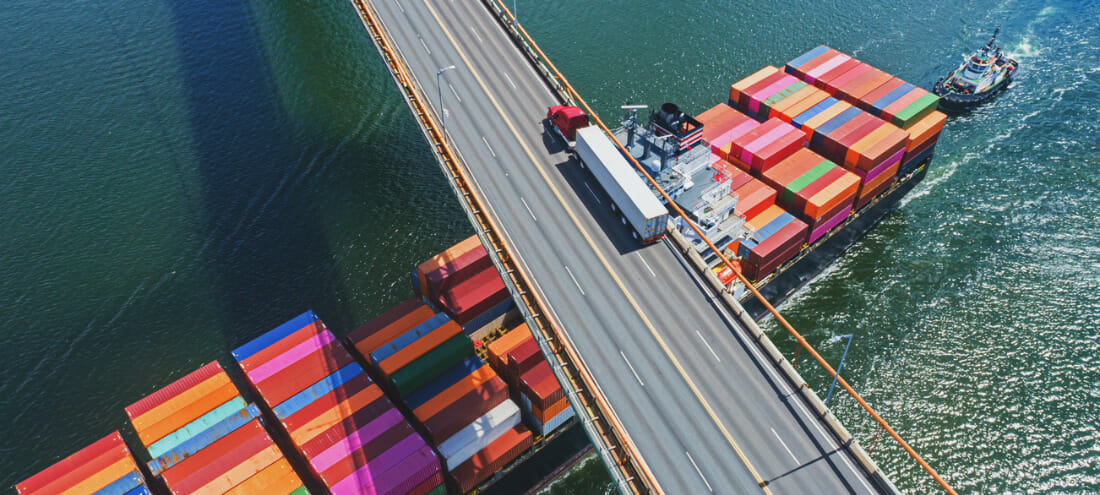Incoterms CPT: what does it mean?
CPT, literally “Carriage Paid To” is one of the clauses in international sales contracts and is intended to specify that the seller is solely responsible for the shipment of the goods and their transportation.
By “transportation” the term CPT means the journey from the place of departure to the carrier – a third party contractually obliged to move things or people from one place to another – who is responsible for transporting the goods to the destination agreed with the buyer.
Developed by the International Chamber of Commerce (ICC), the organisation that represents an international business, the CPT contract term is part of the ICC Incoterms, a set of international transport rules that define the obligations and rights of parties to an agreement for the international sale and purchase of goods.
CPT yield: who pays?
The CPT clause, as we have seen before, indicates the seller’s obligation to pay the cost of transportation to the destination agreed with the buyer. However, once the carrier receives the goods, the risks and liability for any damage or loss automatically pass to the buyer.
The clause generally covers the main transport costs but does not include additional expenses such as insurance fees or import taxes. Nevertheless, these additional expenses can be included in advance in the negotiation between buyer and seller.
Obligations of seller and buyer
Now let’s look in detail at the specific obligations of the seller and the buyer. Over the years, the International Chamber of Commerce has developed rules and guidelines for the international sale and purchase of movable goods, known as the ICC Rules for the International Sale and Purchase of Goods (ICC Incoterms), which were updated in 2020 and entered into force on 1 January of the same year.
The Incoterms Rules, which contain the CPT Incoterms within them, are used to standardise international trade and to minimise possible disputes between the parties involved. That is why the CPT Incoterms establish unambiguous perimeters as to which obligations are the sellers’ and which are the buyers’.
Seller’s Obligations:
- Conclusion of the contract of carriage of the goods to the place of destination;
- delivery of the goods to the designated carrier or freight forwarder by bearing all costs necessary to transport the goods to the agreed place of destination;
- bearing the risk of loss of or damage to the goods until the carrier or forwarder receives them;
- export customs clearance (where applicable) at the buyer’s own expense;
- updates the buyer on the status of delivery of the goods to the carrier or forwarding agent;
- provides the buyer with the transport document for commercial usage and, if required, with the information necessary to insure the goods.
Obligations of the buyer:
- Taking delivery of the goods at the agreed place of destination and bearing the risks from the moment the carrier or forwarder receives the goods;
- payment of the costs of unloading the goods at the place of destination if they are not part of the cost of transport paid by the seller;
- compliance with customs formalities for importation, bearing the relevant and possible costs.
Which are the differences between CPT and DAP?
DAP, literally Delivered At Place, is also, like CPT, a term used in international trade to define a mode of delivery of goods.
The main difference between CPT and DAP lies in the degree of responsibility of the seller and the buyer during the transport of the goods.
Unlike in the CPT clause, where the seller is responsible for the delivery of the goods until the agreed destination carrier receives them, in the DAP clause, the seller is responsible for the delivery of the goods to the agreed final destination and is obliged to cover all transport costs, including import and customs fees.
Do you have questions, doubts or would like more information? Contact us now: we are at your disposal.


